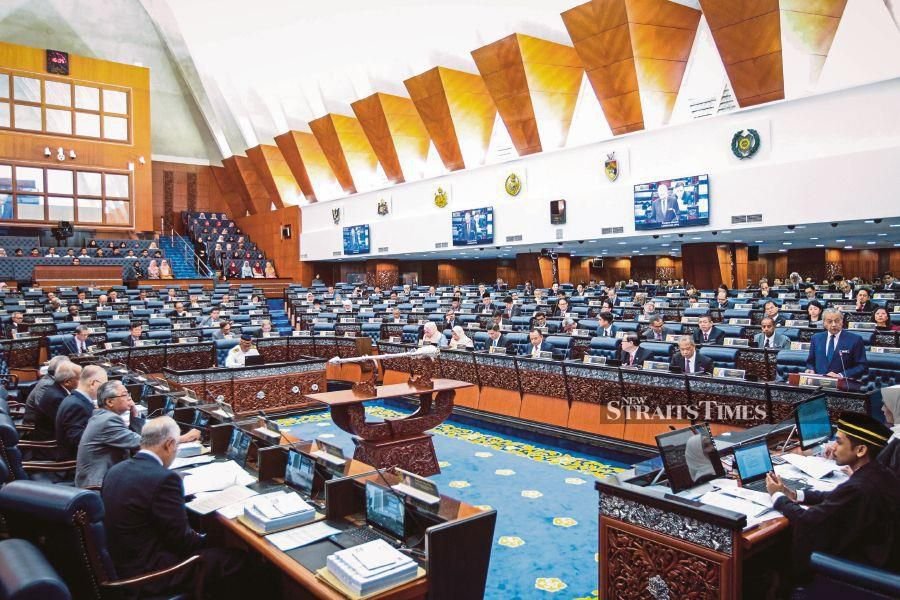
PUTRAJAYA: A raft of reforms is in the process of being rolled out, including Ombudsman Malaysia replacing the Public Complaints Bureau, the setting up of the Independent Police Complaints and Misconduct Commission (IPCMC) and political financing.
Deputy Minister in Prime Minister’s Department Mohamed Hanipa Maidin said these legislative reforms were at the drafting and revision stages.
He said he was aware of criticism that the government was “slow†in instituting reforms, but certain things needed more time as it was “not easy to change the (existing) mentalityâ€.
“We have civil servants who are still loyal to the old government and forget that they need to serve the government of the day.
“This is because the old government has been in power for too long and the culture has been deeply ingrained. Thus, it’s a bit difficult to change, but I believe we can make changes slowly.â€
He stressed that processes had to be followed.
“For instance, to present a bill, we have to prepare cabinet papers first.
“We need to consult certain agencies to get their feedback and bring it to the cabinet meeting. So the process might be cumbersome, but this is how the government works.
“I was in the opposition and I admit getting upset when the process was slow. But this is how it works, whether we like it or not, we have to go through the processes,†he told the New SundayTimes in an interview.
He said the National Anti-Corruption Plan (NACP) 2019-2023 was at the stage of knowledge transfer to representatives of ministries and agencies.
“An initiative under NACP is to introduce the MS ISO 37009: Anti-Bribery Management System in the public sector. Nine agencies comprising three state secretariats, three ministries and three local councils are being trained by the Malaysian Institute of Integrity.
“Out of 20 promises on governance, integrity and anti-corruption, almost all initiatives are in progress with output performance of more than 50 per cent.â€
He said structural reforms were crucial as without it, other changes would be futile.
But, he said, the effects of some reforms were difficult to be felt as they were not tangible.
“Granted, for some, receiving monetary aid, such as the 1Malay-sia People’s Aid, makes it easier for them to like the government. But this is where problems arise, which can involve corruption.
“We cannot be populist all the time and the people have to be aware of this. If we want to be populist, we can easily be like the old government — get money by setting up 1MDB (1Malaysia Development Bhd). Thus, you can be very popular, but it’s not good for the country.â€
On asset declaration, he said more than 85 per cent of members of parliament and administrative members had declared their assets, and they could be viewed on the Malaysian Anti-Corruption Commission’s website.
Hanipa said for now, the initiative focused on government backbenchers, but he hoped to have members of the opposition declare their assets as well.
“We have indicated it to the opposition, but we do not want to make it compulsory. They should do so voluntarily as there is no law forcing them to declare their assets. Nonetheless, we strongly encourage them to consider.â€
Declaring one’s assets, Hanipa said, was to have a baseline once one assumed power.
“For instance, you may have millions of ringgit in assets, but after you assume your duties as a minister, deputy minister or MP, we want to know how you get (extra) assets, whether through legitimate means or not.
“So we have the baseline. If you get more assets, then we can know where it came from.â€
Sumber : New Straits Times
Tarikh : 2/04/2019


